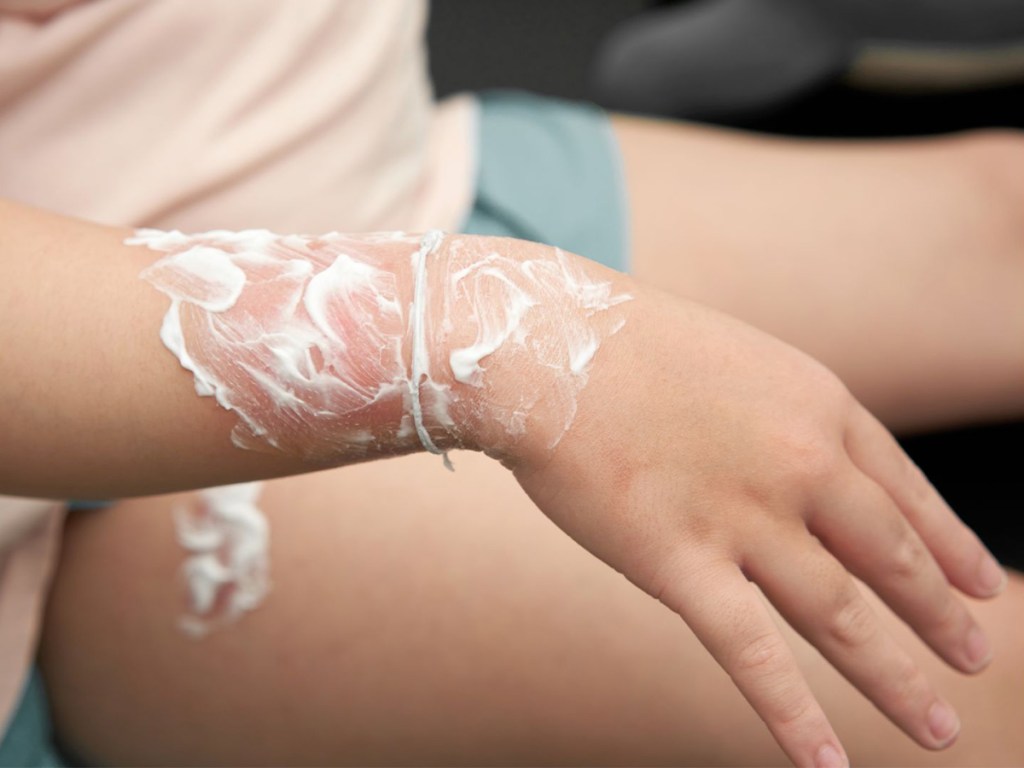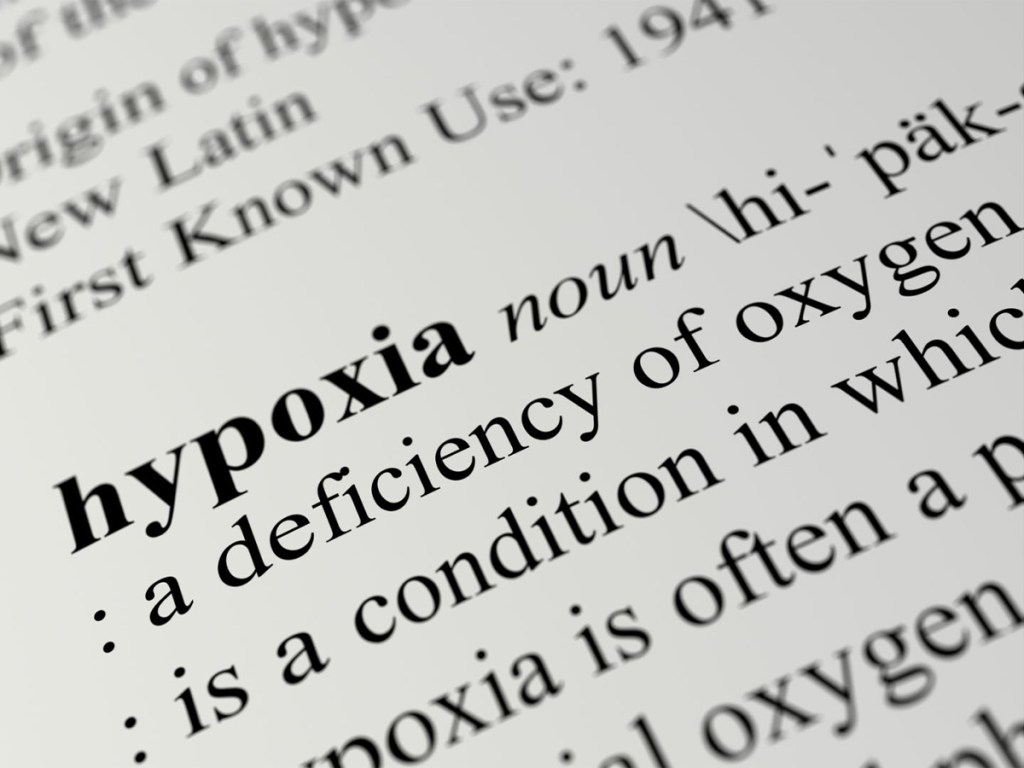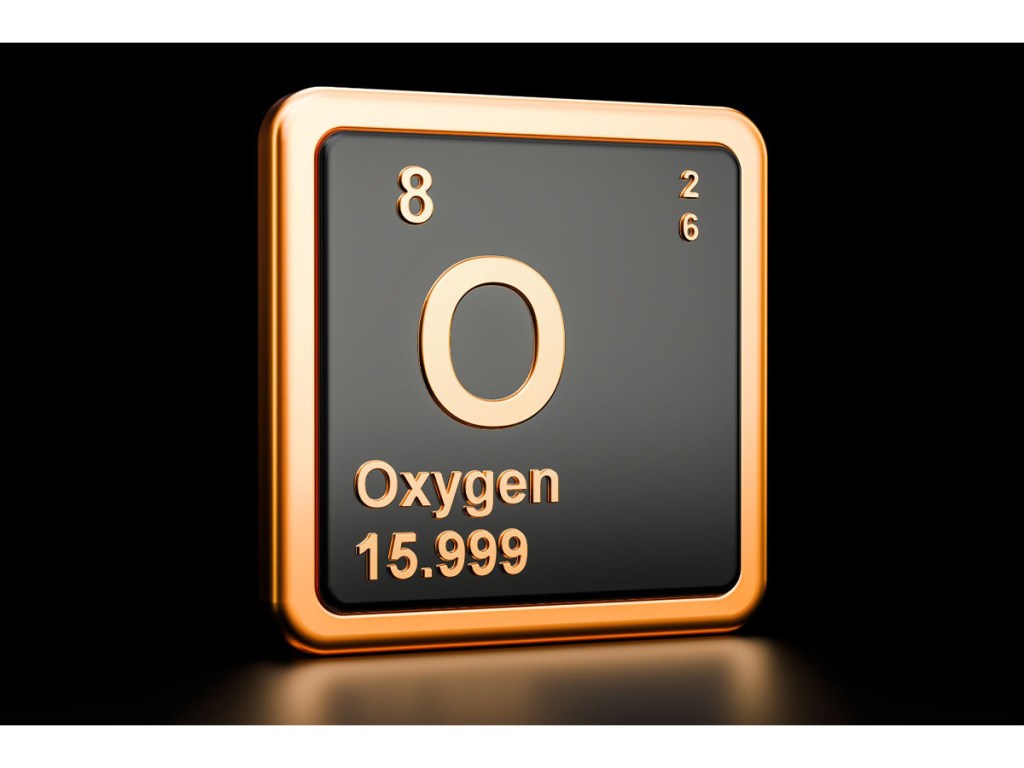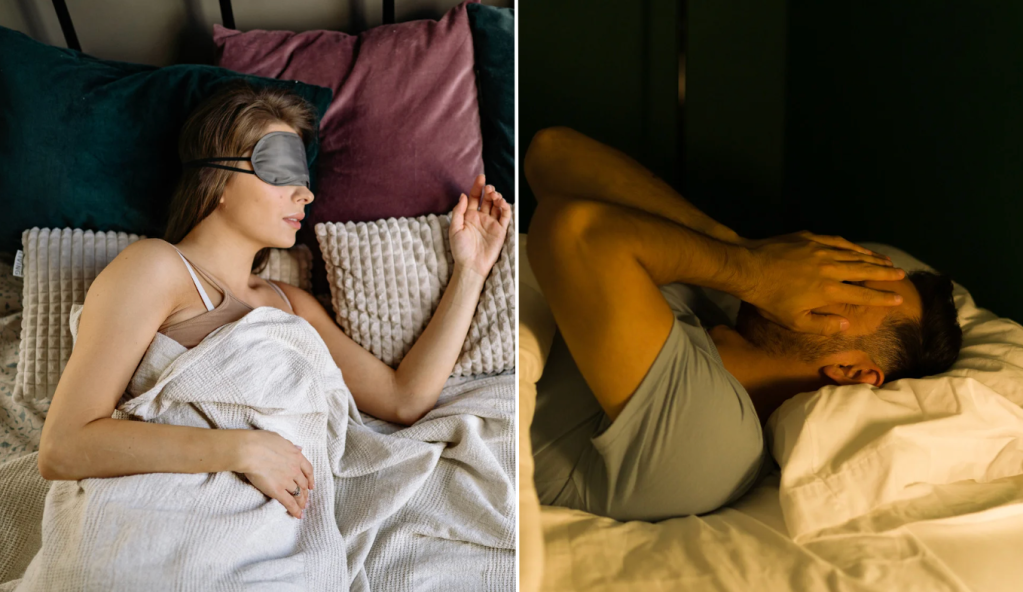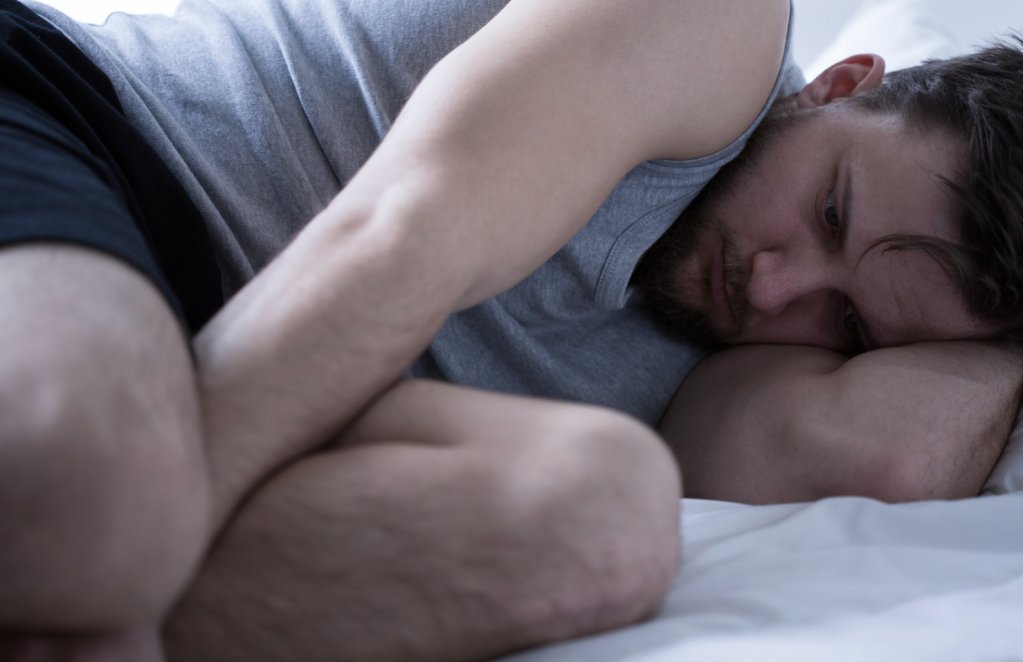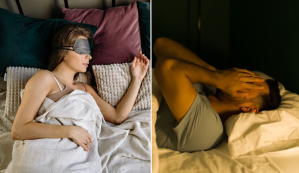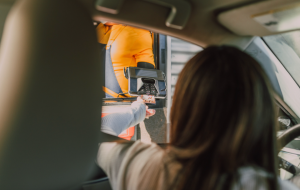Editor’s note: Lawmakers are debating a coronavirus relief package that could include emergency paid leave benefits for all workers affected by the pandemic. Meanwhile, the spread of COVID-19 is leaving workers in the United States scrambling to figure out what happens to their job – and their pay – if it prevents them from reporting to work. The answer will depend on your employer’s policy, the laws of your state and the reason you will be away. Elizabeth Tippett, who has spent over a dozen years as a workplace lawyer and scholar, offers a primer.
1. Can I take time off if I get sick with coronavirus?
The first thing to do is figure out whether your company has a sick leave policy.
Sick leave allows you to be paid while you are away from work due to illness. Sometimes companies have a “paid time off” policy instead of a sick leave policy, in which vacation is combined with sick leave into a bank of time that can be used for either purpose.
Many sick leave policies are structured to accrue sick leave over time – for example, one hour of sick time for every 30 hours worked. These hours might roll over from year to year and be capped once you reach a maximum amount. Other times, companies have a lump sum policy, where they award you a fixed amount of sick leave that you can use over the course of the year.
However, not every company has a sick policy – the Bureau of Labor Statistics estimates that roughly a quarter of workers have no access to paid sick leave. Still, it’s worth checking whether your workplace is required to offer sick leave under state or local law. Around 10 states, and many additional municipalities, mandate paid sick leave policies.
There is no federal law requiring sick leave, though a bill to do that was recently reintroduced in Congress.
2. Can I take time off to care for a family member with coronavirus?
Here, too, you’ll want to check your company’s sick leave policy.
Many policies allow workers to use sick time to care for family members that are ill. State sick leave laws frequently require that employers permit workers to use accrued sick leave for caring for family members.
3. Can I take time off if my child’s school is closed?
A few states and municipalities – including Michigan, New Jersey, San Diego and Chicago – anticipated a problem like school closures due to a public health crisis and specifically said sick leave can be used in the event of such emergencies.
In those states and cities, your employer’s policy should conform to that language.
Elsewhere, employers tend to design their sick leave policies around more routine absences and may not include school closures in their policies.
4. What if I run out of sick time?
State and municipal sick leave laws generally require only that employers provide a very modest amount of sick time – typically between one and two weeks per year. And if you just started a new job in recent months, you may not have accrued much sick time.
If you have accrued vacation time, you may be able to use that once your sick leave runs out. Alternatively, sometimes companies officially – or unofficially – let workers take additional time off on an unpaid basis. If you’ve used up your sick leave, you could also try asking if you can have a “negative” sick leave balance, in which you are essentially borrowing from future sick pay accruals, allowing you to continue to receive pay for a limited period of time.
If you or a family member become seriously ill, you might be eligible for up to 12 weeks of unpaid leave under the federal Family and Medical Leave Act. This leave is available only for workers at companies with more than 50 employees and who have worked there for 12 months or longer. The regulations for the Family and Medical Leave Act state that the “flu” is generally not considered a serious enough condition to qualify for leave, unless “inpatient hospital care is required or unless complications develop.”
Some states – like California and New York – also have family and medical leave laws that cover a broader range of employees and may provide partial pay. However, these generally require that the employee or the ill family member develop a serious health condition, beyond your average flu symptoms.
5. Can I stay home if I’m worried about catching COVID-19 from co-workers?
Tech companies with hubs in the Seattle area have responded to a coronavirus outbreak in that state by advising or allowing employees to work remotely.
Some state and municipal sick leave laws authorize employees to use sick leave in the event of “closure” of an employee’s place of business in a public health emergency.
Otherwise, your best option is to check whether the company has a telecommuting policy that allows remote work. Even so, such policies generally give the company discretion whether remote work is compatible with your job and the needs of the company.
Failing that, you could try using up any vacation time you’ve accrued. But with tourist hotspots,sporting events and festivals shutting down, it may not be much of a holiday.
_This is an updated version of an article originally published on March 9, 2020.
Elizabeth C. Tippett is an Associate Professor, School of Law, University of Oregon
This article originally appeared on the Conversation. You can read it here.

